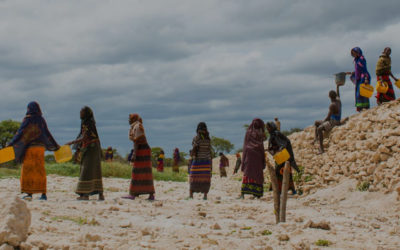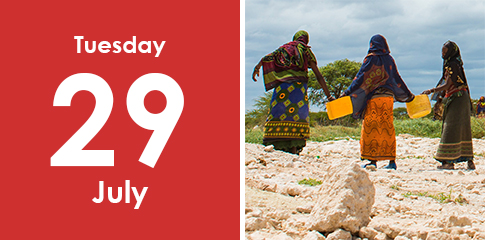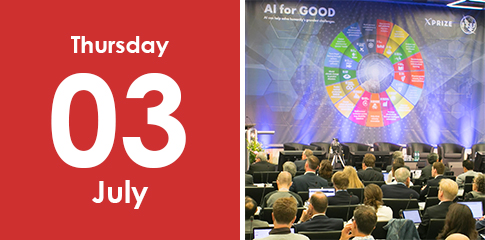Lucile Maertens is associate professor in political science and international relations at the Geneva Graduate Institute and co-director of the Global Governance Centre. We are delighted to have her on board for the first edition of the Executive Certificate in Nature-Positive Economy starting on 24 June.
Could you tell us more about your professional experience?
I am associate professor in political science and international relations at the Geneva Graduate Institute and co-director of the Global Governance Centre (GGC). I also hold a position of scientific collaborator at the University of Lausanne, where I was senior lecturer (2021-2023) and lecturer (2017-2021) within the Institute of Political Studies. Before my appointment at the University of Lausanne, I completed a PhD in political science from Sciences Po Paris and the University of Geneva (2015) on the securitisation of the environment at the United Nations.
My research focuses on international organisations and multilateral practices, notably in the field of environmental and climate politics. I investigate the construction of global public problems and their management within multilateral arenas, as well as international institutions’ inner workings. I recently co-authored Why International Organizations Hate Politics. Depoliticizing the World with Marieke Louis (Routledge, 2021) and co-edited International Organizations and Research Methods. An Introduction with Fanny Badache and Leah R. Kimber (The Press of the University of Michigan, 2023).
What do you like about passing on your knowledge?
I have always been passionate about intellectual exchange and knowledge transmission. In my teaching, I design and supervise learning activities that value students’ autonomy and encourage cooperation and the development of skills that can be used beyond academia. I am committed to sharing my expertise to support critical thinking and concrete initiatives for a more peaceful, just, and sustainable world.
How can your session help the participants in their learning journey?
In this session, we will explore global environmental problems and how they are tentatively governed at the international level. We will discuss the emergence of an international system of global environmental governance, explore the way environmental problems are defined and framed globally, question competition among major global problems, enquiring about the ways issues are prioritised at the international level, and address the problems of the solutions, showing how complex resolving transborder and transversal issues is. Overall, this session is designed to situate politically and historically global environmental governance, to unpack the role of discourses and framings in international politics, and to address questions of time and temporal tensions in the field of sustainability.
In your opinion, what are the key challenges to drive impactful social and economic transformation for sustainable prosperity?
The ecological crisis requires radical changes in the way our societies are organised, especially our systems of production and consumption. Such changes face numerous challenges including these three: 1. a temporal challenge since we need to take costly decisions on the short-term to secure a long-term inhabitable world, yet prevention is a very unappreciated approach especially since the results may be hard to prove (we can criticise the weaknesses and unefficiency of the United Nations, but it is difficult to assess how many more disasters and wars would have happened without it); 2. a competition challenge among major crises, as political attention is scarce and the multiplication of crises creates a competitive environment in which resources are (re)prioritised often at the expense of more long-term problems, yet a sustainable world can only exist if it is also based on social justice, answers therefore need to be integrated and transversal; 3. a science-policy challenge, science is fundamental to document the world and its transformations, but the complexity and entanglement of the global problems we are facing requires a plural understanding which values different forms of knowledge and avoids simplistic techno-solutionism.
Join us on 24 June and exchange with highly professional experts from diverse sectors. Apply now









0 Comments